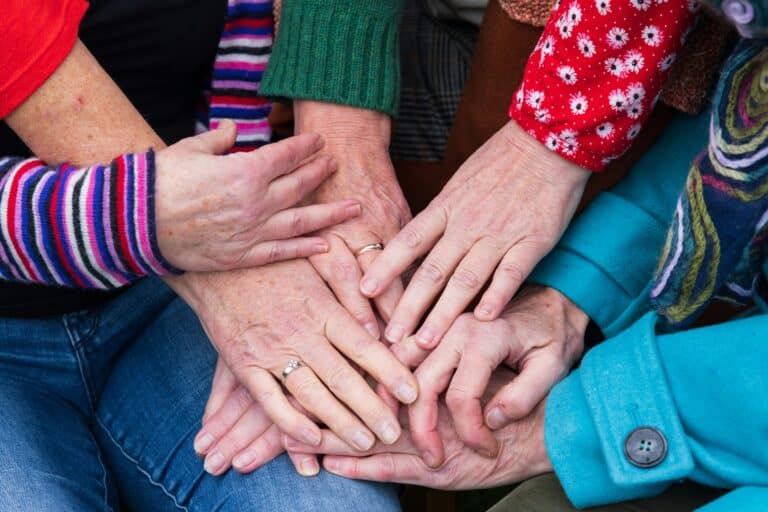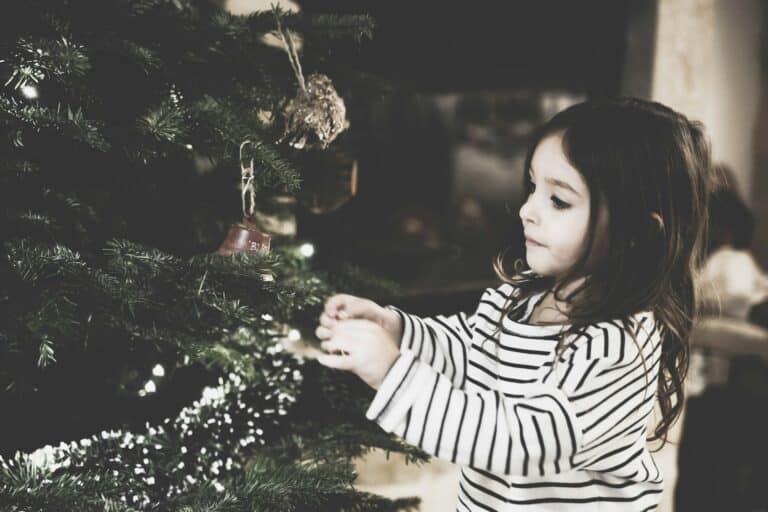The complicated history of ceremony
As white, cisgendered settlers, we acknowledge the complicated history and relationship people have with ritual and ceremony. We acknowledge the harm that has been caused by white colonizers and we commit to unlearning and relearning how to be in good relationship with a ceremonial practice.
We want to name the historical and cultural context within which we are working when we talk about ritual and ceremony. We have grappled with these words, and we have been challenged for using them. We cannot teach about this work without addressing the complicated and harmful history connected with ritual and ceremony.

For centuries, white colonizers and settlers have robbed, persecuted, and stolen ceremony from cultures around the world. They have profited from stealing ceremony and westernizing it. Cultural appropriation often erases the origins of rituals and removes its sacred meaning and significance. There is a fine line we have to walk when we seek ceremony in our lives, and to do so we have to understand the complex histories that surround us.
Here in Canada, Indigenous ceremony was outlawed, practitioners were arrested, and identities were suppressed. Ceremonies were seen as primitive superstitions and were perceived in contradiction to the Church. While government officials and clergy outlawed sacred objects such as totem poles, masks, and pipes, many of those same officials collected them privately, and often sold them at lucrative prices.
Ceremony is complex and complicated. Cultural appropriation is not a checklist and cannot be offset by our good intentions alone. These conversations can feel daunting, and will absolutely cause all of us to recall past mistakes and bring up questions in our minds about current practices we engage in. That is the point. This is hard, reflective, internal work that will evolve over our lifetime.
As a community-based business that supports care providers and practitioners in the health & wellness space, we are committed to offering secular, universal tools to help people reimagine the role of ritual and ceremony in their lives. Whenever possible, we will acknowledge the roots and origins of historic or culture-based rituals, and we will avoid using rituals in our own ceremonial practice that do not reflect our ancestral or lived experiences.
We will continue to check in on our biases and deep rooted assumptions, and we welcome conversations with anyone who would like to share their experiences or insights. There is space here to make mistakes, acknowledge those mistakes, apologize, and do better moving forward. That is our commitment to you and to ourselves.
Sincerely,
Megan, Johan, Kate
The Be Ceremonial Team




